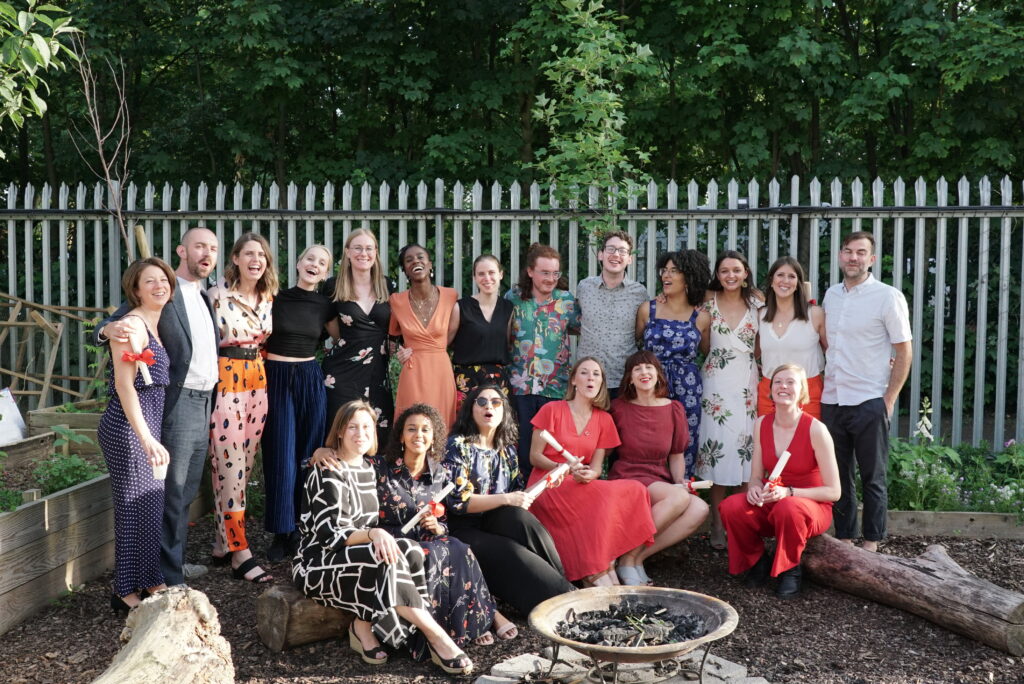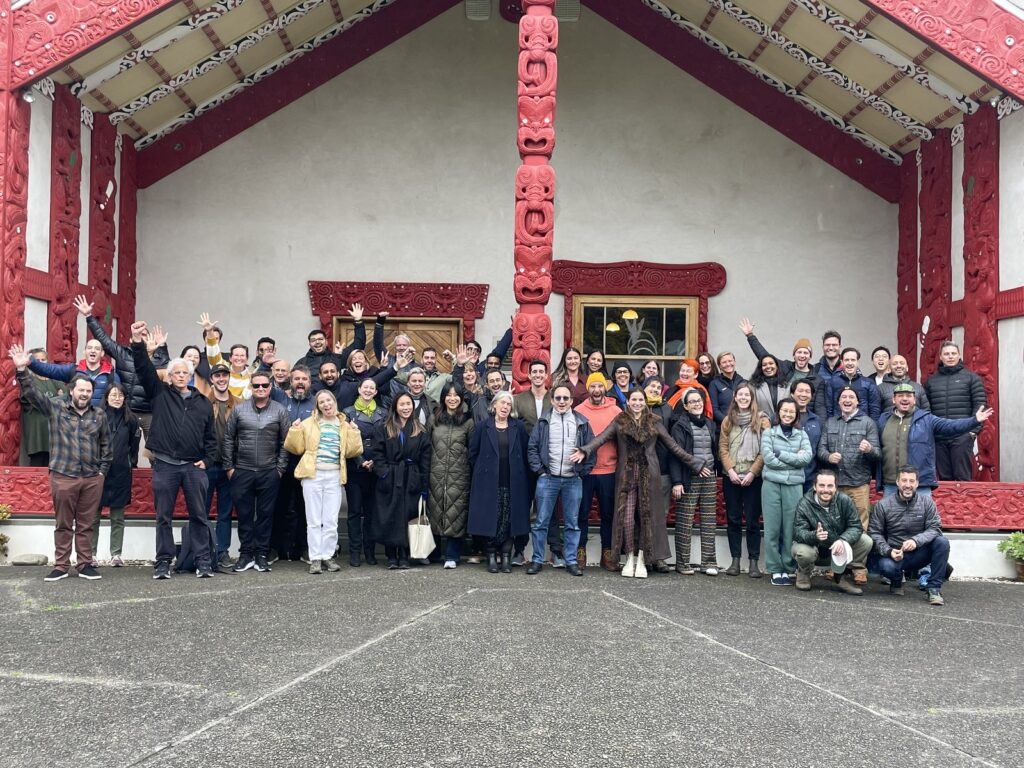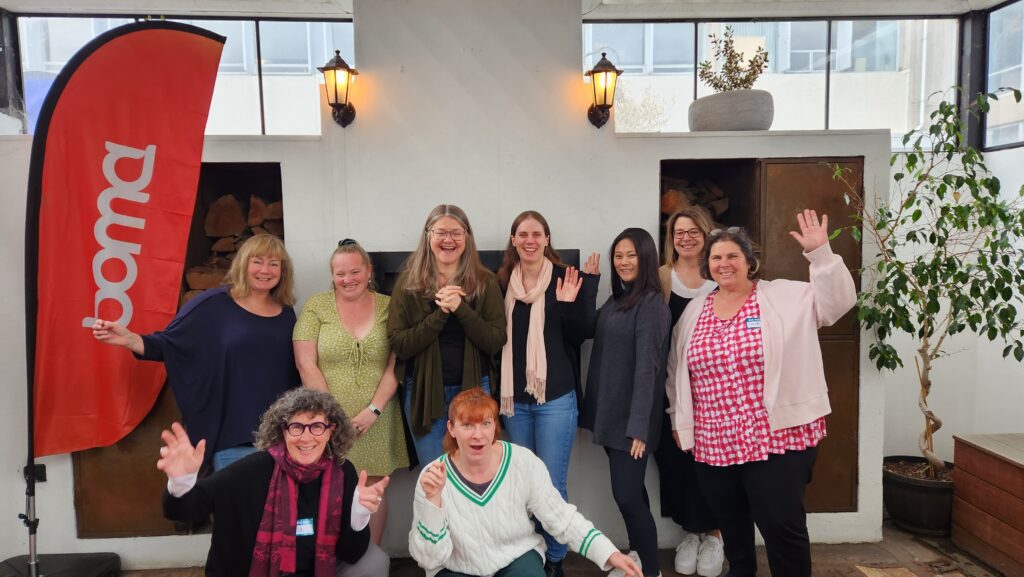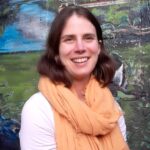
Dr. Ruth Martin is a PhD scholar, human rights advocate, and social entrepreneur. She is a multi-fellowship winner and received numerous scholarships to complete a Modern History PhD focused on civil liberties at the University of Cambridge. She has worked as a public servant for the UK and NZ governments, as a strategy and human-centered design consultant to businesses and the social sector, and co-founded Telescope, a UK-based social enterprise. She is a Strategy and Policy Fellow at Oxford University Blavatnik School of Government (2024-2026), Edmund Hillary Fellow (2020-present), Year Here Fellow (2018-19), Oxford University International Human Rights Law Summer School Santander Scholar (2013), New York University Center for the United States and the Cold War Dissertation Fellow (2010), and a Gilder Lehrman Dissertation Fellow (2010).
In this interview, Ruth discusses her background and professional journey, her most impactful experiences and accomplishments as a fellow for several different fellowships, and her advice for aspiring fellowship applicants and young professionals.
Can you tell us about your background? What motivated you to pursue the fellowships that defined your professional development?
I’ve had a varied career path, exploring my evolving interests and goals. What hasn’t changed are my core values: I want to make a positive social impact, advocate for equality, and contribute to community well-being. I earned a PhD in modern history at the University of Cambridge, assessing US civil liberties organizations’ strategies for protecting people’s rights and freedoms. I was awarded fellowships from the New York University Center for the United States and the Cold War and the Gilder Lehrman Institute of American History, which provided an invaluable opportunity to conduct research across the US for 2 years. Working in policy research, including for the UK House of Commons as a Select Committee specialist, gave me insights into the challenges of “wicked problems,” including poverty, climate change, and crime, and the urgent need for innovation to tackle them. This prompted my shift into social impact work through the Year Here Fellowship. The Year Here Fellowship supported me in co-founding a social enterprise, Telescope, which connects people with different perspectives and roles to tackle big social challenges.
As a current Edmund Hillary Fellow, what is an average day life?
In late 2019, I became an Edmund Hillary Fellow, joining a community of impact entrepreneurs, investors, and change-makers building meaningful solutions to global problems from Aotearoa (New Zealand). I work on systems change in New Zealand government agencies, specializing in environmental protection and social development. Day-to-day, this involves leading part of an all-of-government program to transform social sector commissioning, ensuring that it is responsive to the needs of unique and diverse populations. I also chair a women’s mental health and community-building charity, Mothers Network, which provides practical and emotional support that contributes to better outcomes for parents and children.
The Fellowship experience has been an incredible learning journey for me, allowing me to practice leadership and deepening my understanding of Indigenous wisdom in a bi-cultural nation.
You were also formerly a Year Here Fellow. How was your experience in that fellowship?
In 2018-19, I completed the Year Here social innovation fellowship in London, which involved a placement and challenge to lead an innovation project in a frontline organization and work as a consultant on a social innovation brief. Being embedded in a school in a socio-economically disadvantaged area, I co-designed a new careers program with school students. This included building a network of 20 charities and social enterprises to support pupils’ aspirations and career ambitions. I also managed a community engagement team investigating user experiences in the National Health Service. Year Here was a transformative experience, supporting me to drive meaningful change and work on building my authenticity and courage as a leader.

You also co-founded the social enterprise and insights learning program Telescope. How did your various fellowships contribute to this endeavor?
In 2019, Sarah Holliday, Hebe Foster, and I co-founded Telescope. It’s a social enterprise that brings policy and social sector workers together for practical learning. Promoting collaboration across the sector, it supports frontline workers, local authorities, and social impact organisations to shape policies for resilient communities and a more inclusive society. The Year Here fellowship was crucial for Telescope’s development, as we met through the program and also completed the Year Here incubation program. We gained valuable experience in social venture development, covering pitching, finances, and more. Our efforts were recognized when we made it as “ones to watch” on the UK’s NatWest “WISE100 2019: Top women in social enterprise” list. Telescope has since collaborated with organizations across the UK on co-design initiatives, and I continue to support them as a critical friend and advisory board member.
How do your diverse skills contribute to promoting equality and well-being in various settings?
A few years ago, I heard about the term “multipotentialite,” which perfectly describes me as a person with many interests and creative pursuits. I’m passionate about making a positive social impact by promoting equality and well-being, and I have engaged in different ways to achieve that, including academia, government, and social enterprise. This means that I love learning and engaging with people on new topics, including through my fellowship cohorts. I have trained in design thinking, future thinking, coaching, leadership, and mental health. I also recently completed the 2023 Chair Mentoring Programme run by Community Governance Aotearoa and the Institute of Directors. This provided vital support for my impact as Chair of a leading women’s mental health charity in New Zealand, Mothers Network. Leading the Board draws on my passion for strategy and inclusion and my lived experience of the challenges of being a first-time mum during the COVID lockdowns. I love building our collective impact and supporting hundreds of women through our programs to build community connections.

And lastly, what advice would you offer to aspiring fellowship candidates?
Embrace change and “fail fast”—shifting between different roles and sectors involves mastering new skills quickly, iterating, and improving. You can showcase this adaptability when applying for fellowships, knowing that if you get rejected, it’s not a no forever—it might not be the right time, or there may be something different or better on the horizon as you keep growing. Keep believing in yourself!
Build meaningful connections—it’s really powerful to develop genuine relationships with people who share your professional goals and values. If you’re considering a career change or applying for a fellowship, nurturing your connections can also provide valuable insights, for example, into the experiences of others, including fellowship alumni. This may open doors to opportunities you hadn’t considered.
Prioritise self-care—balancing work, learning, and personal life is crucial for long-term success. Completing a PhD can seem like a mammoth task, working long hours when conducting research, writing, speaking, and teaching. Being quite driven, I definitely took some unhealthy habits into my first professional roles in terms of always saying “yes” to extra work. Going through burnout has helped me re-prioritize time for relaxation, hobbies, and family, and it definitely enhances my resilience in dealing with stressful situations.
Interested in other social change fellowships? Sign up to discover more than 2,700 professional and academic fellowships in the ProFellow database!

© 2024 ProFellow, LLC. All rights reserved.